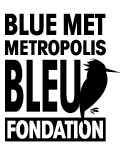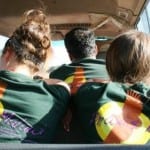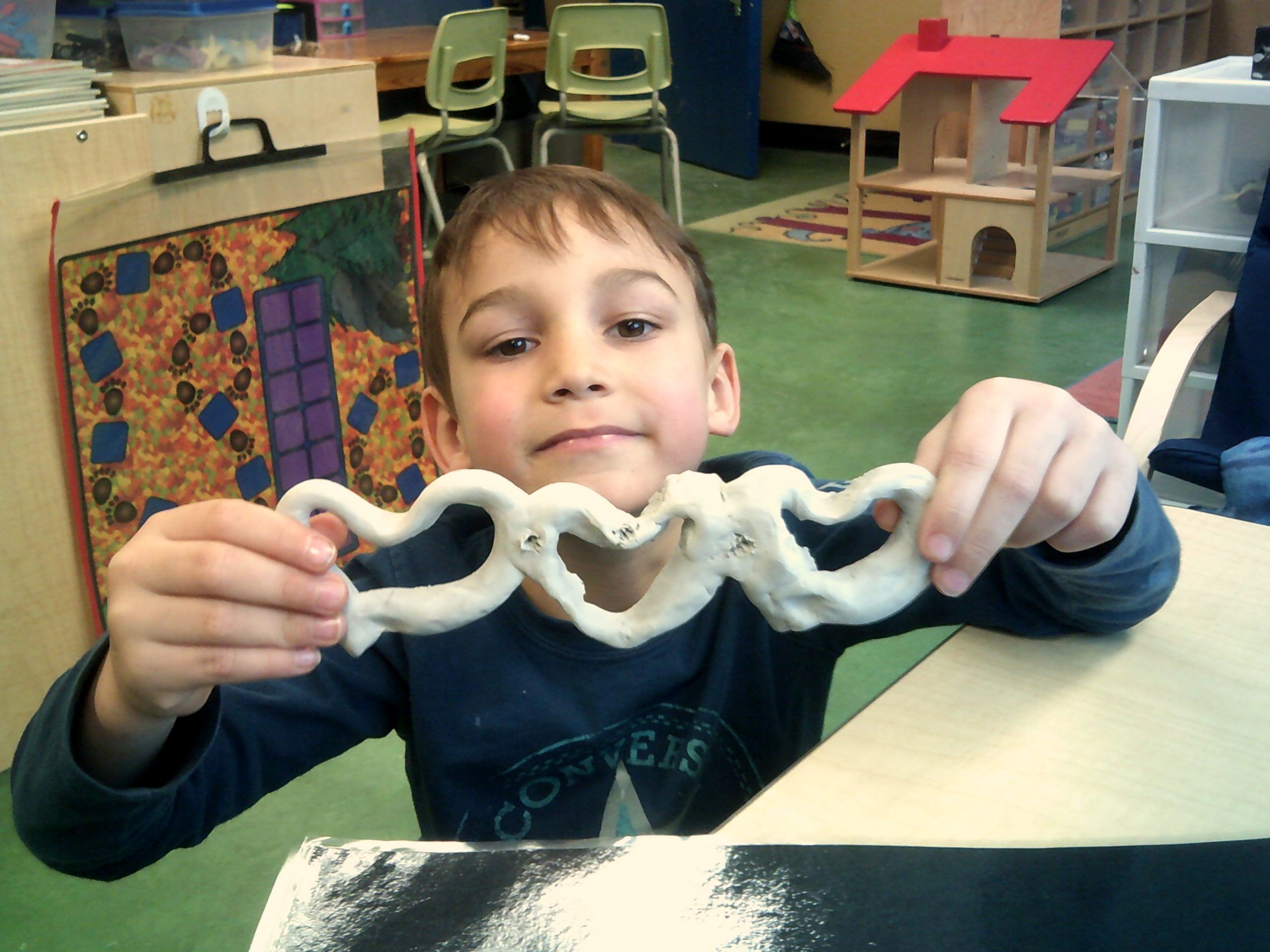On a warm fall day, I sat down with Lisanne Gamelin, the new Educational and Social program coordinator for Blue Metropolis. I was struck by her enthusiasm for projects that bring professional writers, photographers and filmmakers to work with young people in their schools and communities.
Let me say that again: Blue Metropolis writes grants to get money to pay professionals to work with students to tell the stories of their community through words, images and drama. They do this because they believe in “The power of words, the power of expressing yourself – the power of speaking out”. The more I think about this, the more excited I become. What would it take to get more schools and teachers to engage in these types of partnerships?
Young writers connected to their communities
 I first came to know Blue Metropolis through the Quebec Roots program. Every spring I would be sent a book filled with student writing and photography illustrating slices of their English community. From Montreal, to La Tuque to the Lower North Shore of Quebec.
I first came to know Blue Metropolis through the Quebec Roots program. Every spring I would be sent a book filled with student writing and photography illustrating slices of their English community. From Montreal, to La Tuque to the Lower North Shore of Quebec.
Last year, one Blue Met project was called Unearth our Past, which saw students from six schools throughout the province visit local cemeteries in search of heroes and role models buried there. With the help of playwrights, the students turned the stories into short dramatic works presented at schools, in the community and at the book launch in Montreal.
The potential of this type of project is illustrated through a series of stories by CBC radio reporters who followed classes through the process. Listening to the voices of students and teachers you can hear the enthusiasm and nerves that go along with revealing local stories to a real audience.
This year Blue Met has launched Heroes in my Backyard, a project that aims to highlight the contribution of WWII heroes who at times have been overlooked, in particular women and individuals who belong to visible minorities and the First Nations. Combining history and video, and under the guidance of professional writers and filmmakers, Secondary 4 and 5 students will produce a video capsule about the lives of these forgotten heroes.
Real live writers working with your students
Let me say that again. Blue Met is paying professional writers and filmmakers to work with students to produce important stories that will inform and educate young and old. I find this an extraordinary opportunity for a number of reasons. The potential of the partnership was sparked from a conversation my friend Frederic Bohbot who is working on Heroes in my Backyard and happens to have recently won an Oscar Award for the short documentary “The Lady in Number 6” (humble brag).
He said, during the two days he will spend with students, he will listen to their ideas, help them know what not to do and prepare them for the decisions they will have to make. On the surface, this may seem like pretty conventional school stuff, which a teacher can handle. But what is interesting to me are the things a teacher cannot do alone. In most instances, a teacher has not dedicated themselves to the craft of film or screenwriting. And we should never underestimate the power of the outsider in bringing out a student’s best work.
The process Frederic expects to take with the students will force them to grapple with the hard questions of film-making. The film is short. What is important? What do we want to transmit? He expects the process of “getting the essence across” will change how they do things in the future, as his work as a filmmaker has changed him: “I’ll never watch movies the same way anymore. Knowing the decisions you have to make”.
Isn’t this is what we want for our students? To experience the power of words and communication, to know all the things you need to do to make something successful. To create a production that fully captures the attention of the viewer and communicates something of importance.
The partnership with Blue Met brings professionals into the classroom. This often requires teachers change their practice or go the extra mile. When all is said and done, is it worth it? If the answer is yes, what do you as an educator need to make this happen?






